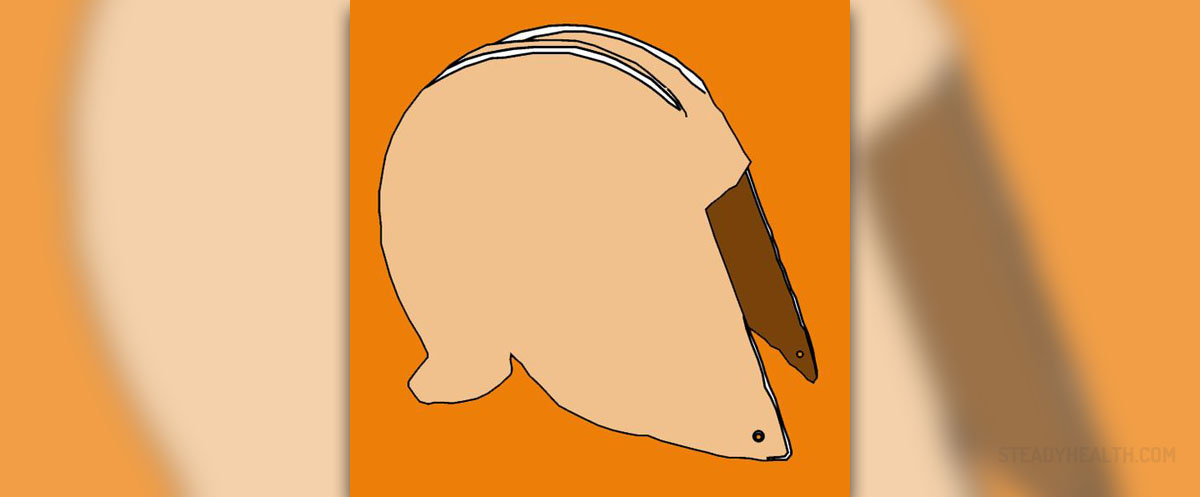
When the membranous sac that surrounds the heart becomes inflamed, this leads to a condition known as pericarditis. The pericardium helps to limit dilation, aids atrial filling, reduces external friction and helps to defend against infection. It also helps to attach the heart to the sternum, diaphragm and costal cartilages.
Symptoms
Pericarditis occurs most often in adult males, and approximately 1 in every 1,000 hospital admissions are directly related to pericarditis. The most obvious symptom of pericarditis is chest pain. This pain might be dull, sharp, burning or pressing, and can be experienced in the substernal and precordial regions. Pain might spread to the neck, shoulders and trapezius ridge, and can be worsened by swallowing, lying down or coughing. Pain can be relieved by sitting up straight. Chills and weakness are other potential symptoms. Diagnosis of the condition might require serial ECGs, blood testing, Echocardiography or MRI scanning.
Treatment
Those who suffer from pericarditis should be admitted to hospital at the earliest possible opportunity. Whilst in hospital, it will be necessary for the doctors to rule out the possibility of other life threatening causes of chest pain having occurred, as well as to check for evidence of haemodynamic instability. Doctors will also monitor the onset of complications, such as cardiac tamponade. It will also be necessary for doctors to monitor any adverse factors that might affect the prognosis, such as high fever, trauma, anticoagulation therapy, myopericarditis, subacute onset, immunosuppression and severe effusion with tamponade. If these adverse factors do not manifest, treatment can follow an outpatient course.
When undergoing an outpatient treatment course, it will be necessary to address the underlying cause of the condition. For viral or idiopathic cases, non-steroidal anti-inflammatory drugs will be used. The use of colchicine might also be employed. It is possible that through the use of this drug, the number of incidences of recurrence will be reduced. Colchicine administration may comprise the most important mode of treatment.
If any drugs are being used that might have caused or worsened the condition, it will be necessary to cease usage as soon as possible. In order to combat bacterial or mycotic infection, antimicrobials should be used. The use of anticoagulants should be avoided, as they might cause intrapericardial bleeding. Anticoagulants can also lead to fatal tamponade in extreme cases.
In the case of uraemic pericarditis, dialysis might produce positive results. Systemic or local steroid therapy might also be useful.



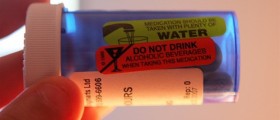
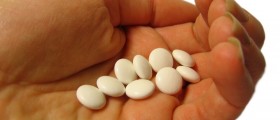
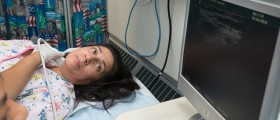
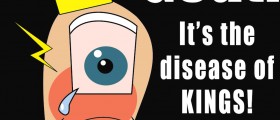
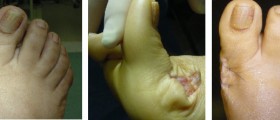
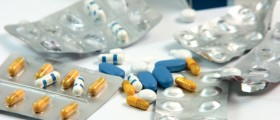
-and-Multiple-Sclerosis-Differences-And-Similarities_f_280x120.jpg)
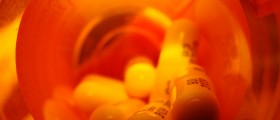



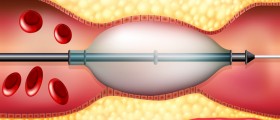

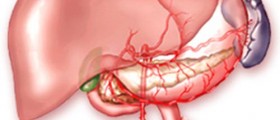
Your thoughts on this
Loading...